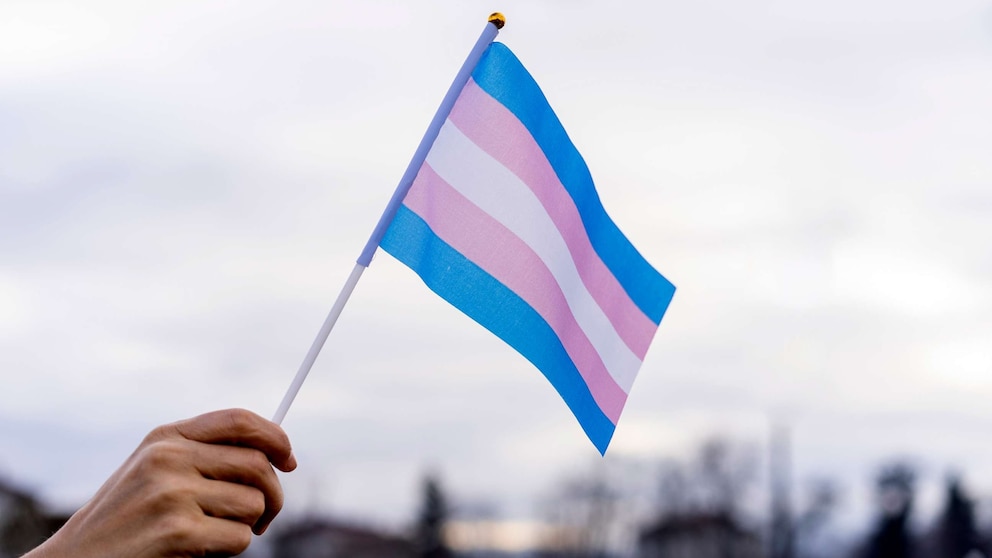
An Idaho law prohibiting gender-affirming medical services for trans people under the age of 18 has been temporarily blocked by a federal judge. On January 1, 2024, the law was scheduled to take effect, making it illegal to provide such care.
According to District Court Judge Lynn Winmill, the government’s regulations violate the Fourteenth Amendment of the United States’ Due Process and Equal Protection Clauses.
In his ruling, Winmill argued that transgender kids should be treated equally by the law. “Families should have the freedom to choose the most important aspects of how to raise their children.”
“Time and again, these cases demonstrate that the Fourteenth Amendment’s main function is to protect marginalized groups and maintain our basic freedom from congressional excess… and it is no less true for trans children and their parents in the 21st Century,” he continued.
Governor Brad Little signed HB 71 into law in April. The law forbids hormone therapies, surgeries, and puberty blockers, which allow kids to explore their gender identity and slow the development of permanent sex characteristics. Adolescent therapies are rare and only considered event by event, according to doctors interviewed by ABC News.
Children with a “medically verifiable biological disorder of sex development,” also referred to as intersex, are given an exception by the law.
According to the text of the law, any medical professional found guilty of providing such care may be convicted of a felony and sentenced to up to 10 years in state prison.
Access to gender-affirming care has been restricted in at least 20 states, many of which have faced legal challenges. A federal judge also declared the laws in Arkansas, the first of its kind in the United States, to be illegal.
Following the bill’s signing, the conservative Christian lobbying group Idaho Family Policy Center issued a press release arguing that these restrictions protect kids from “medically unnecessary interventions that result in irreversible infertility, serious health problems, and mutilated sexual organs.”
The young plaintiffs at the center of this case, who would be affected by the law, claim that access to gender-affirming care has been essential to their mental health. Numerous studies have expressed the same sentiment.
According to the CDC, transgender children are more likely to experience anxiety, depression, and attempts at suicide, often as a result of gender-related discrimination and gender dysphoria. According to a recent study published in the New England Journal of Medicine, gender-affirming testosterone therapy has been shown to improve the mental wellbeing of transgender children and teens.
One plaintiff stated that puberty blockers “had near immediate positive effects” on her. According to Winmill’s decision, “by halting the bodily changes that were causing her distress and anxiety, her mental health significantly improved.”
After “many months of treatment, more visits with her doctor, and laboratory work,” the second plaintiff began taking puberty blockers. She began taking low-dose estrogen therapy after a few months, the filing claims.
Jane’s mental health has significantly improved since receiving gender-affirming health care, but the controversy over HB 71 and other anti-transgender bills has had an impact on both her emotional and academic performance. Jane cried in the doorway at school after the bill was passed, and her parents had to drive her home. The Doe family has even considered leaving Idaho as a result of the bill’s passage so that Jane can keep getting the health care that has been so beneficial to her.
Gender-affirming care is safe, effective, beneficial, and medically necessary, according to a number of major national health organizations, including the American Academy of Pediatrics, American Medical Association, the Academy of Child and Adolescent Psychiatry, and more than 20 others.



